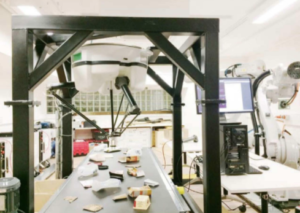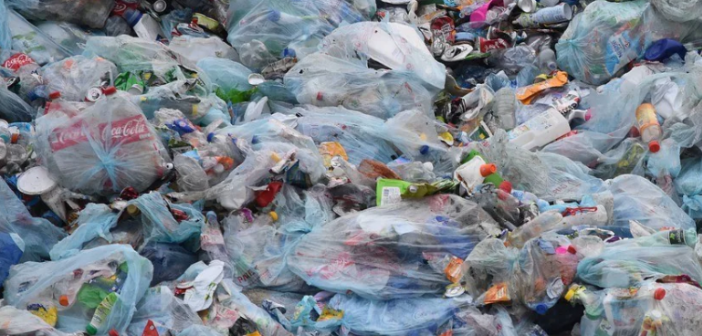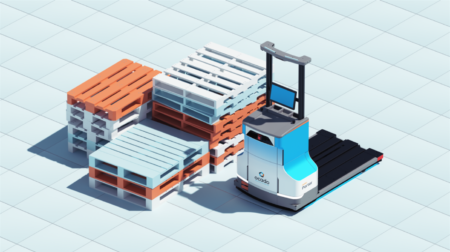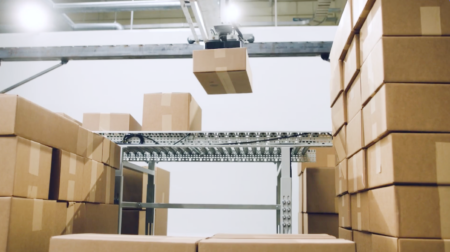Engineers at the University of Sydney are developing a smart robot system which can identify, sort and separate different type of recyclable waste to increase the recycling of soft plastics.
According to the researchers, soft plastics lack adequate recycling methods as they easily entangle in waste separation machinery, leading to mechanical failure and contamination of other recyclable materials such as paper. Because of this problem, current recycling methods rely on the manual sorting of soft plastics, an often repetitive and unsafe task.
Working alongside industry partners as part of a federal government Cooperative Research Centre Project grant, researchers from the Centre for Internet of Things (IoT) and Telecommunications at the University of Sydney are harnessing AI for a smart automated robotic system to sort recyclable waste.

“The recycling robotic automation system will use artificial intelligence and computer vision to learn how to identify different forms of recycling waste, effectively learning how to ‘see’ and ‘sort’ waste, to create separate waste streams and maintain soft plastics’ purity so they can be recycled,” said Professor Branka Vucetic.
The researchers are working with waste management companies, IQRenew and CurbCycle, technology developers Licella, Mike Ritchie and Associates, and Resource Recovery Design to develop the system.
After being separated from other waste, the soft plastics will be used for various purposes, including advanced recycling into oils and other valuable chemicals using patented Catalytic Hydrothermal Reactor technology (Cat-HTR) created by Licella Holdings.
“This highly innovative materials handling process can help extend the range of the Cat-HTR conversion technology to now include increasingly challenging waste streams, highlighting the benefit of close industrial and academic collaboration,” added Professor Thomas Maschmeyer.








